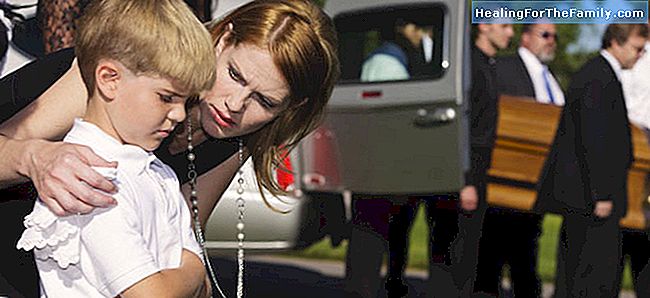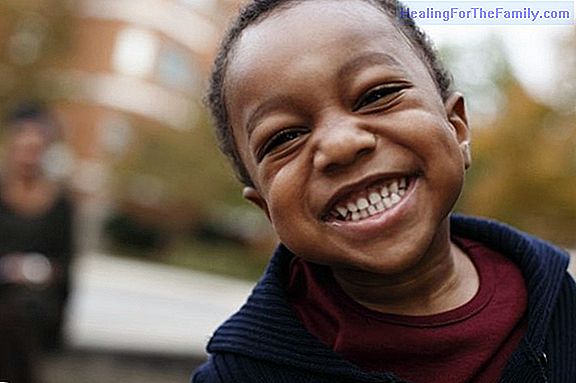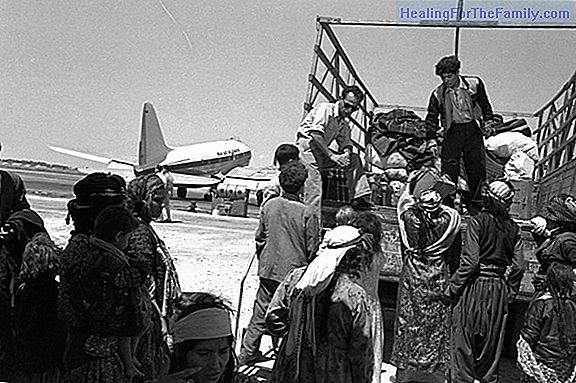The dilemma of taking the child to the funeral and burial of a loved one
Coping with death is a difficult process, although it is even worse when we have children and we have to make decisions about it. Will we say goodbye to him or not? Will you get over it? Doubts that we have to answer in a short period of time and that will undoubtedly affect the process of mourning
Coping with death is a difficult process, although it is even worse when we have children and we have to make decisions about it. Will we say goodbye to him or not? Will you get over it? Doubts that we have to answer in a short period of time and that will undoubtedly affect the process of mourning in children is carried out in a more positive way or another.
In this sense, we parents face the dilemma of taking the child to the funeral and burial of a loved one, what is the most appropriate?
The process of mourning in children

Mourning refers to the pain we feel when we lose something or someone, whether to a close person or a pet, a relationship with someone we care about or even a part of our body. So it can be said that, in life, we make small duels for many things that happen around us.
In general, we are more prepared for good and happiness, when in reality pain is also part of life and avoiding it will not be of any use to us. Children tend to be more confused and need more strategies when it comes to dealing with loss and sadness, so this should be one of the points that you should contemplate in the education of your children.
The first step to overcoming a loss is to accept that the person has died. Elaborate that duel is a different process for each person and depends on many factors such as the age of the person or the type of relationship they had (if a grandparent is understood to be older or a younger brother) and requires time to assimilate it .
Should we take the children to the funeral and burial of a loved one?
If you want to facilitate all this grieving process it is important that you do not make 4 fundamental mistakes:
- Do not leave him aside because he could feel lonely and abandoned. Instead, ask that child about his doubts and how he wants to live it (if he can already have a dialogue with you). There are people who believe that children should not be taken to the funeral or burial of a loved one, however, this ritual can help you better accept the loss and feel supported.
- It offers answers adapted to your age to the doubts you have, nothing to lie to you. Depending on the age, they may not understand what a funeral is, however, it is important to give them a minimum explanation of what is done there and to participate as they wish. There are those who think that if they do not go they protect them from suffering, but in reality they overcome it more easily if we include them as much as possible in the whole process and talk openly with them. Res - Respect their rhythms
and do not force them to overcome it in a certain way or decide for him how he should live it or what he should feel. Sometimes, you try to protect your child when in reality he already knows or suspects that something bad is happening, so it is better to inform him about some of the main steps that are followed in these cases and if he wants to attend the funeral, you should allow him to go . In the same way that if you do not want to, you should allow it too. There are those who need only a few days and who several years to overcome a loss. - Show your feelings, you are not a robot.
Many adults think that being sad or even crying in front of your children is a bad thing. However, they must also understand that sadness is an emotion that is important to feel like the rest. Depending on how you live, they will do it. Feeling and talking about it is not bad and it will let you know how they are living, join you as a family and show you that at home you can talk about any topic.












